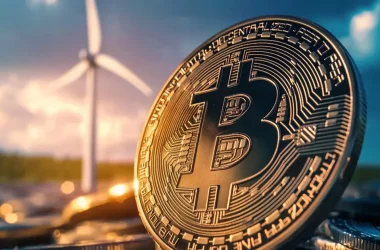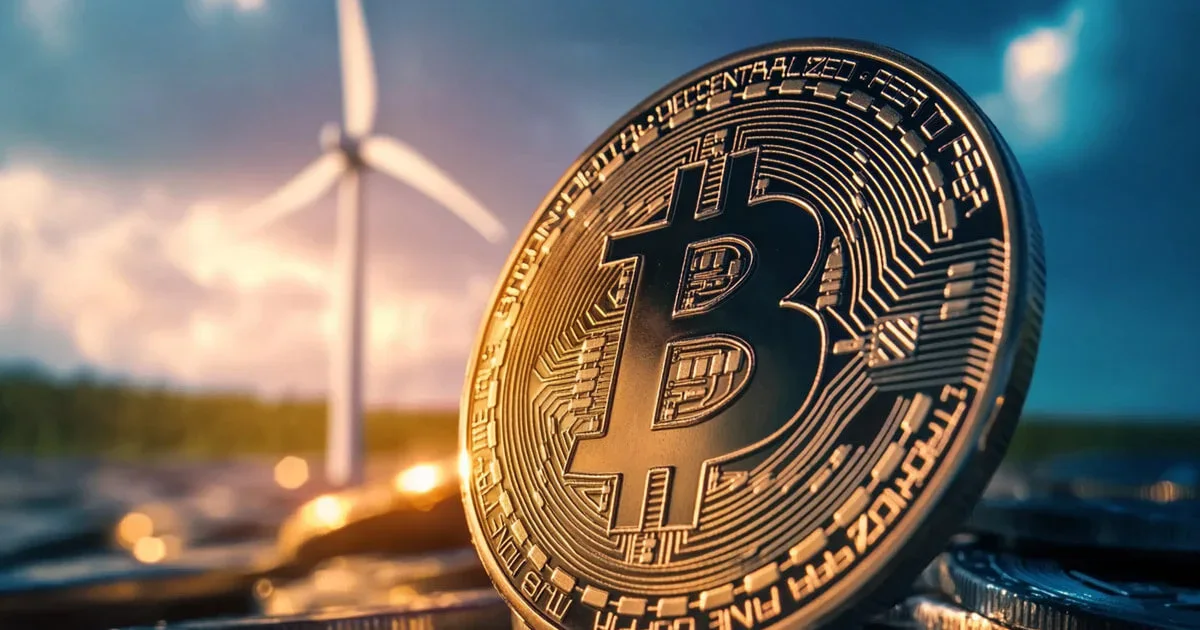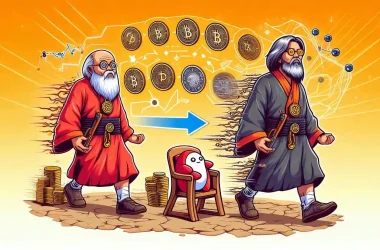German telecom leader Deutsche Telekom has joined forces with Bankhaus Metzler, Germany’s oldest bank, to pilot a project exploring Bitcoin mining using surplus renewable energy. This project leverages excess electricity from renewable sources, energy that would otherwise go unused due to limitations in grid capacity and storage availability.
Addressing Renewable Energy Challenges
In their announcement on Monday, November 4, Deutsche Telekom highlighted the challenges posed by the increasing reliance on renewable energy. Variability in weather conditions creates unpredictable surges in energy production, making grid stability difficult. Deutsche Telekom sees Bitcoin mining as a potential solution, balancing supply and demand within the grid. Similar strategies have shown success in the United States and Finland, and the pilot project aims to test its applicability in Germany.
Location and Operational Roles
The mining operations are hosted by Metis Solutions GmbH and take place at Riva GmbH Engineering’s facilities in Backnang, Germany. Riva Engineering, which specializes in metal and glass facade manufacturing, powers its facilities with a photovoltaic system. Telekom MMS manages the mining devices, while Bankhaus Metzler oversees testing and data analysis. This collaboration also opens doors for exploring new financial services within the digital assets space.
Advancing Blockchain Technology in Germany
Oliver Nyderle, Head of Digital Trust & Web3 Infrastructure at Deutsche Telekom MMS, emphasized the project’s importance in testing Bitcoin mining’s impact on grid stability. He noted, “Surplus energy is converted into digital values through the miners. We call this digital monetary photosynthesis.” Meanwhile, Hendrik König, who leads Bankhaus Metzler’s Digital Assets Office, pointed to the bank’s commitment to blockchain innovation. Established in 2022, this office focuses exclusively on blockchain and digital asset developments.
Expanding Web3 Infrastructure Support
Deutsche Telekom MMS has already built a strong Web3 presence by supporting networks like Chainlink, Fetch.ai, and Polygon. In 2023, the company took a significant step by operating its first Bitcoin node, marking its entrance into proof-of-work networks.
Future Implications for Renewable Energy Management
This pilot aims to gather valuable data to support future initiatives, potentially contributing to energy grid stability. With applications for wind and solar energy producers, this technology could help mitigate the challenges of unpredictable power regulation, creating more efficient use of renewable energy resources.
The post German tradFi giants confirm trial to mine Bitcoin with surplus energy to stabilize grid appeared first on CryptoSlate.















